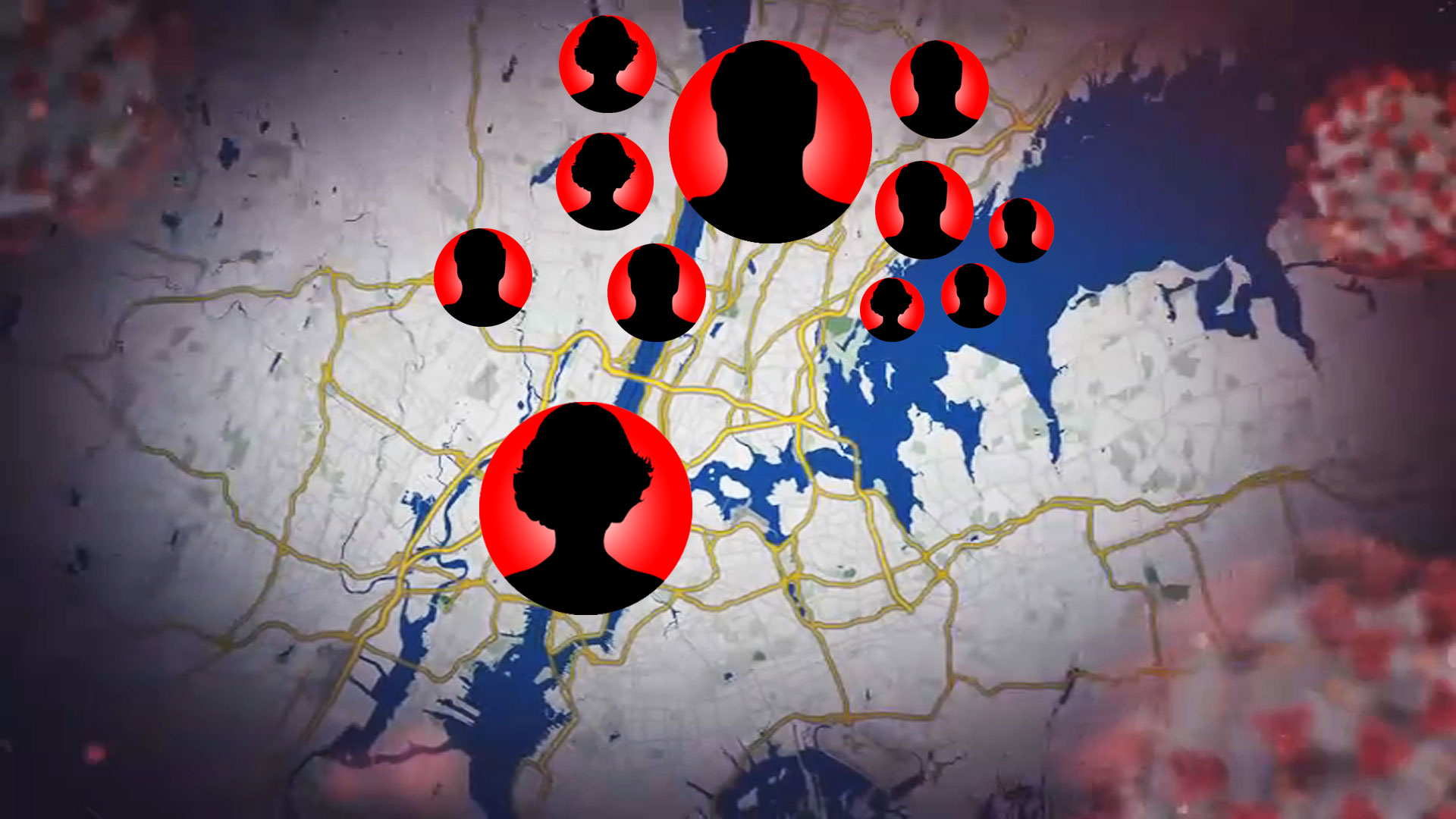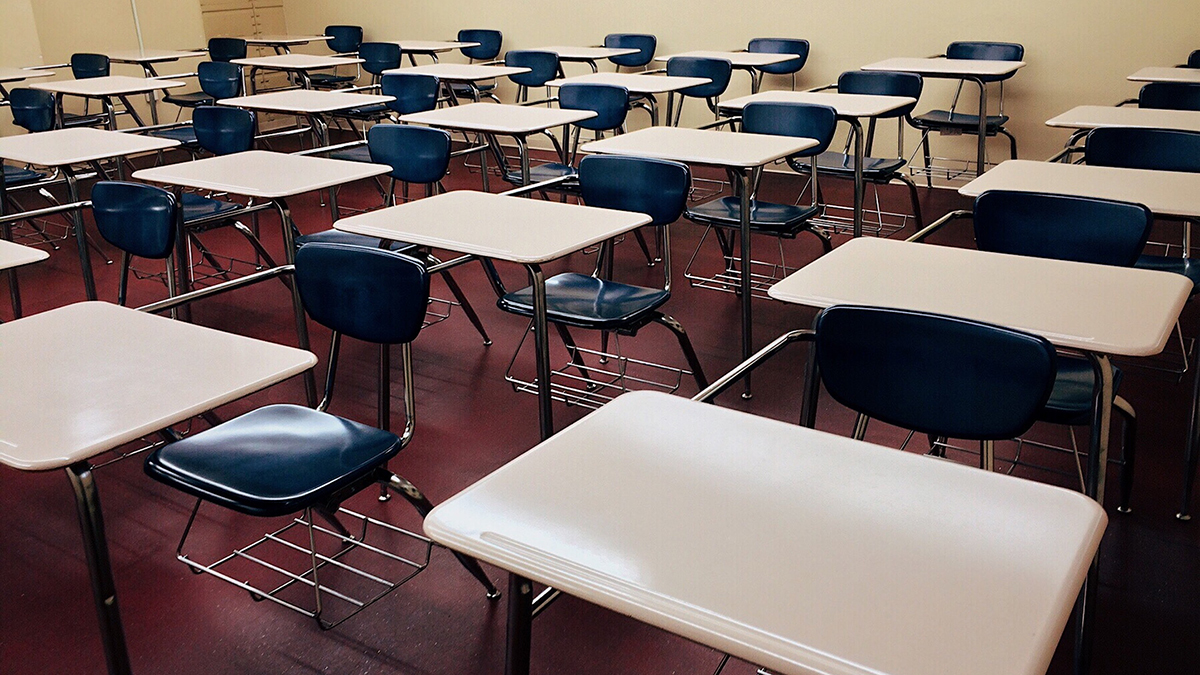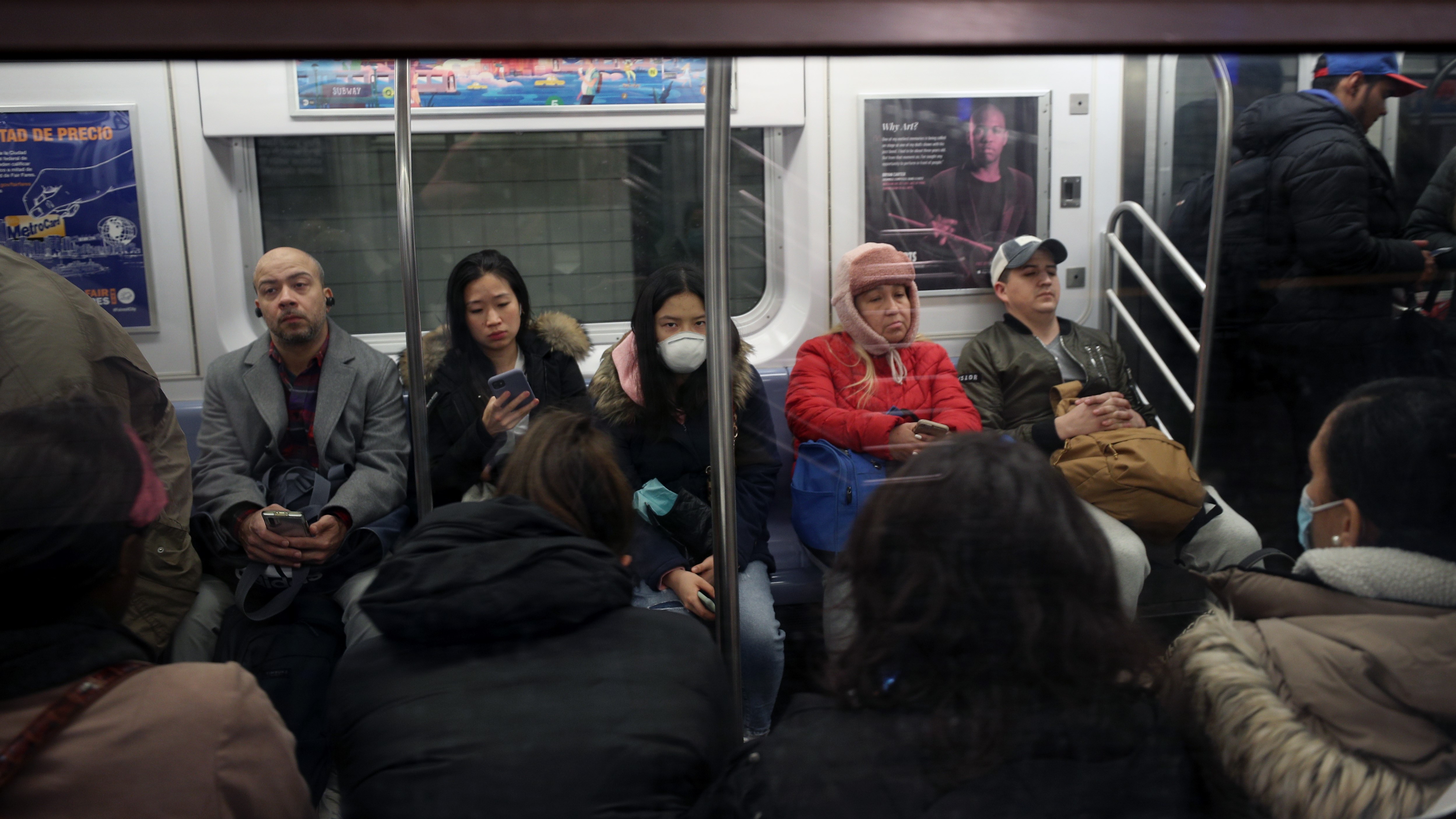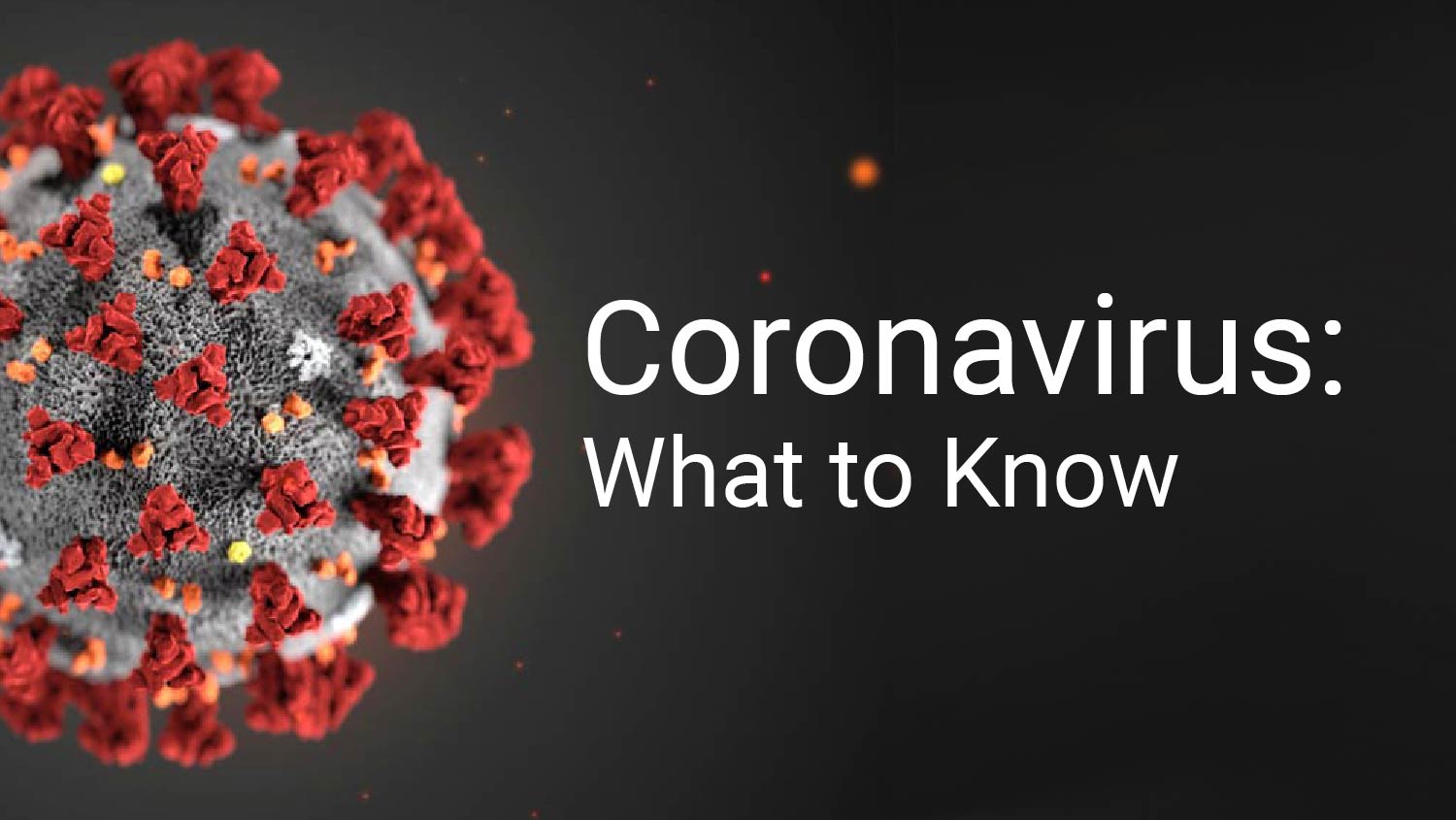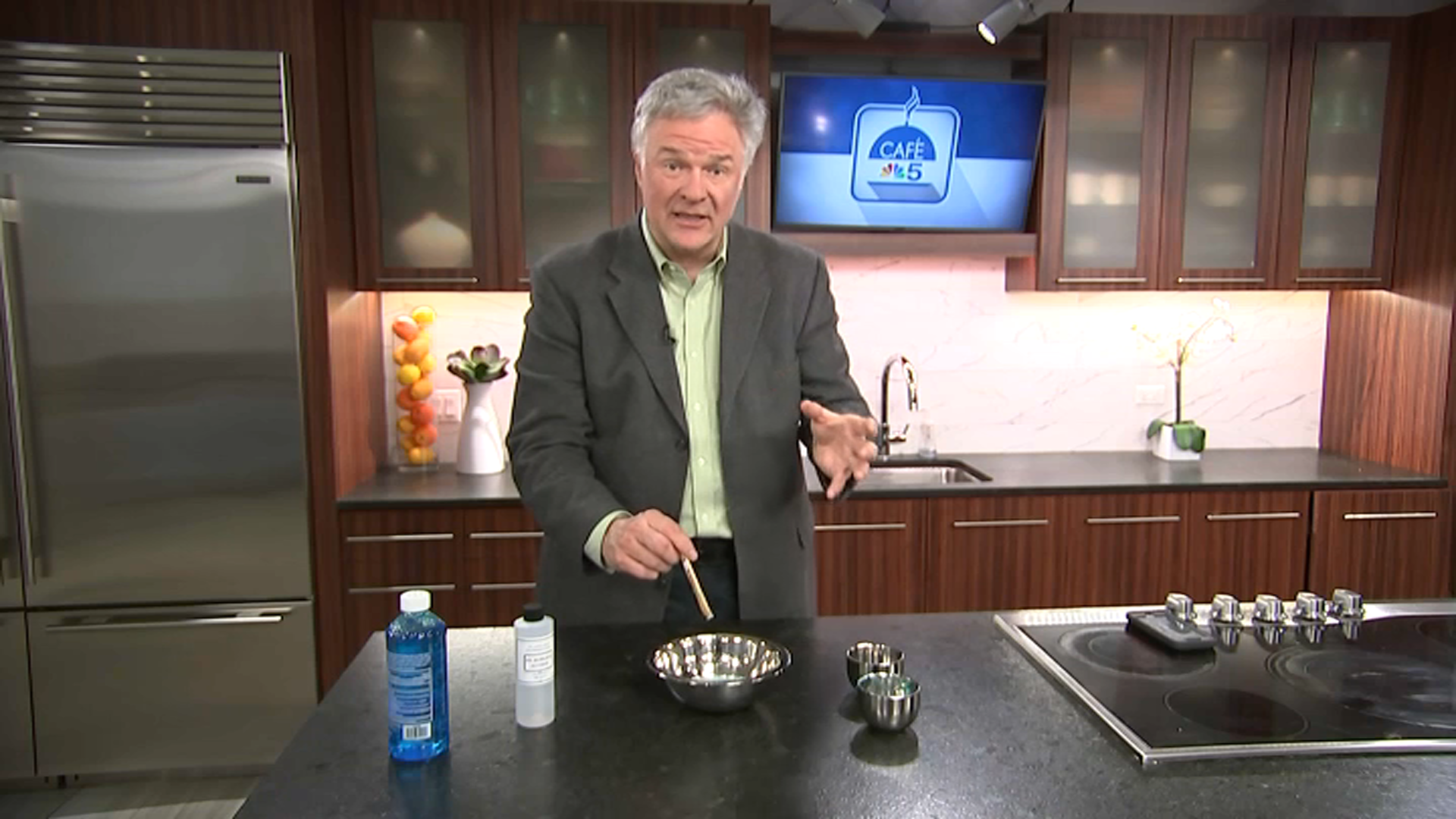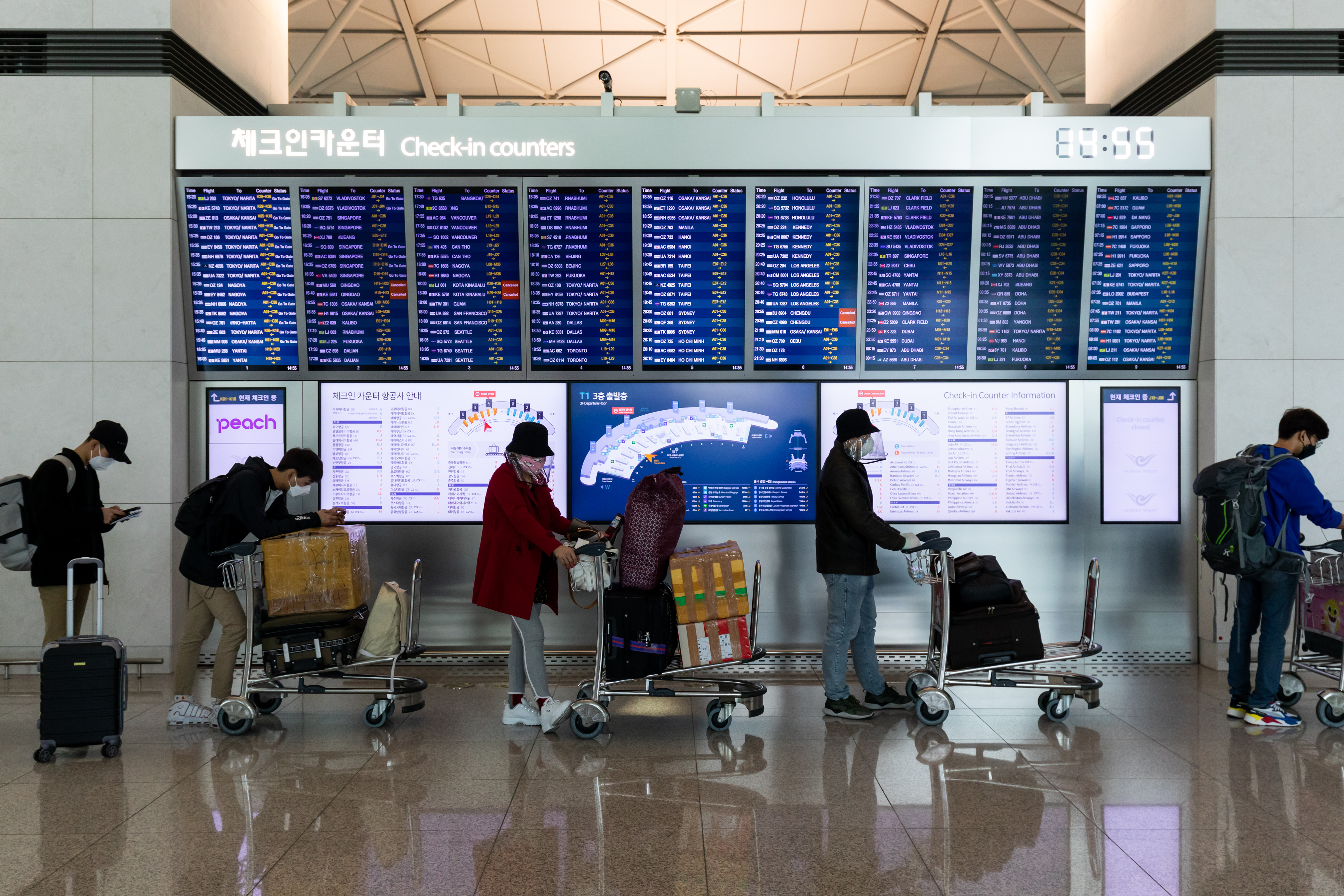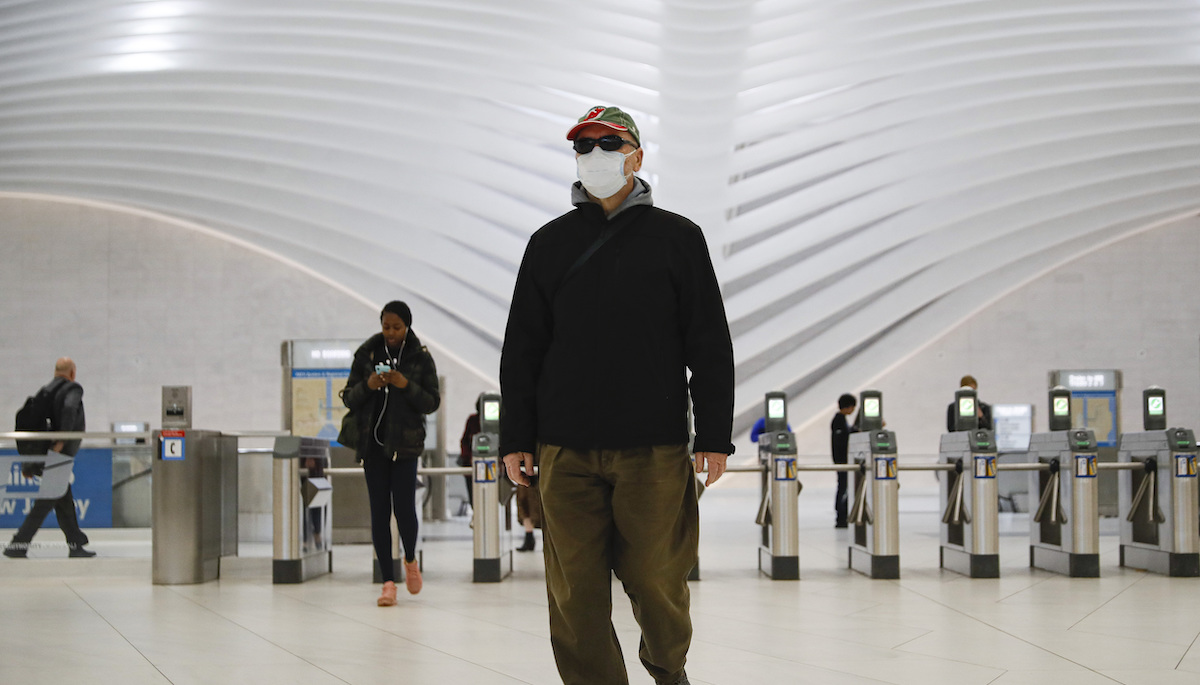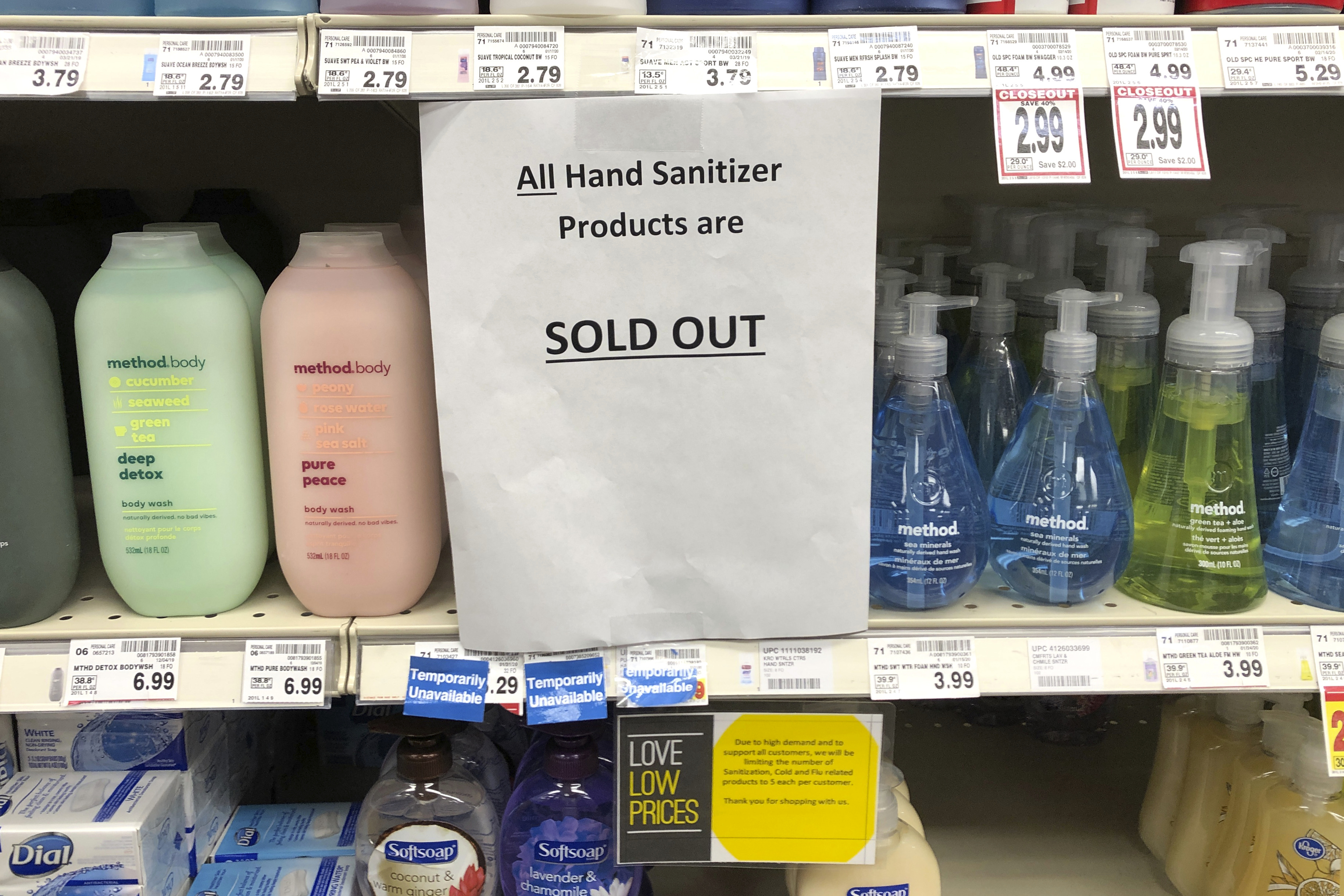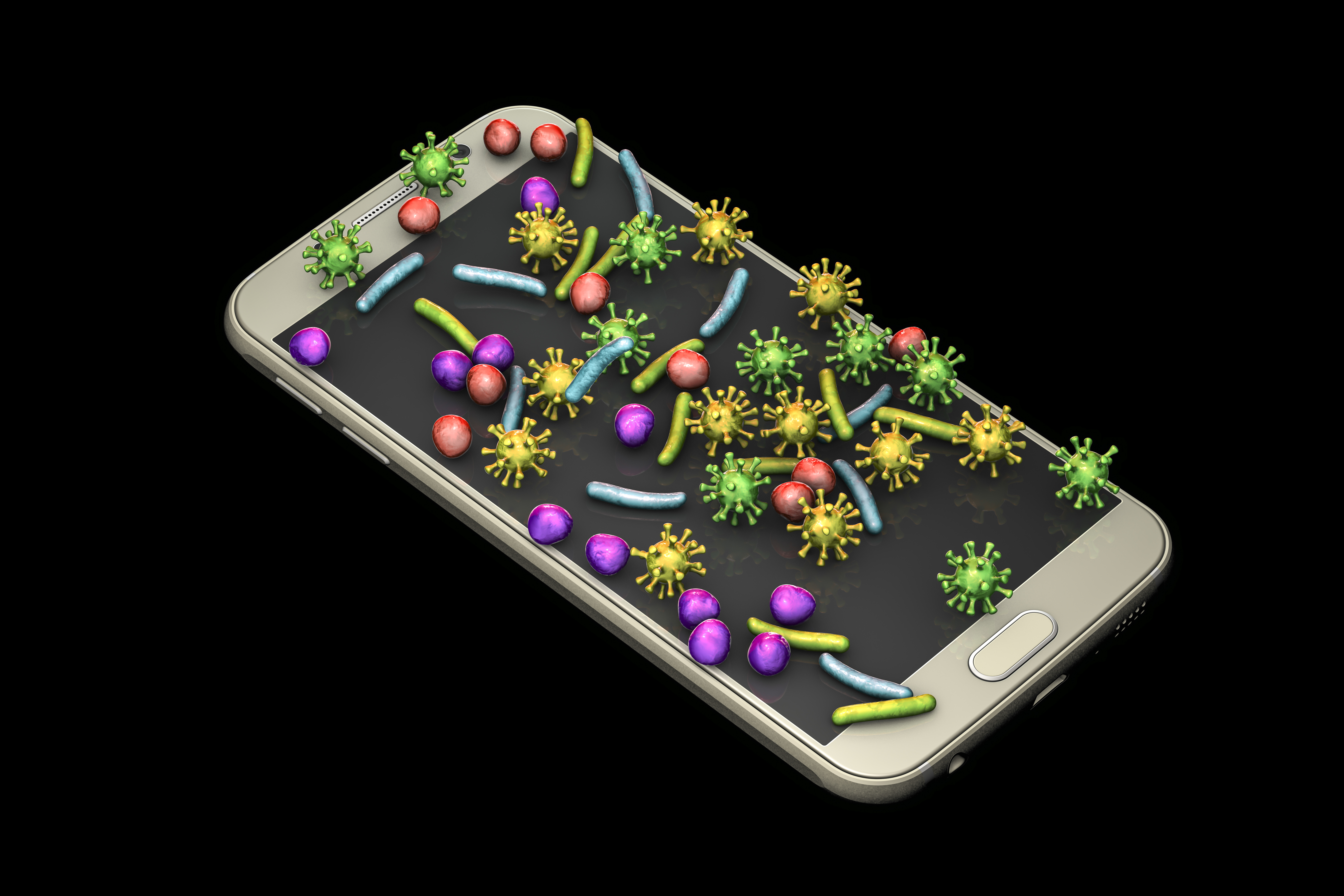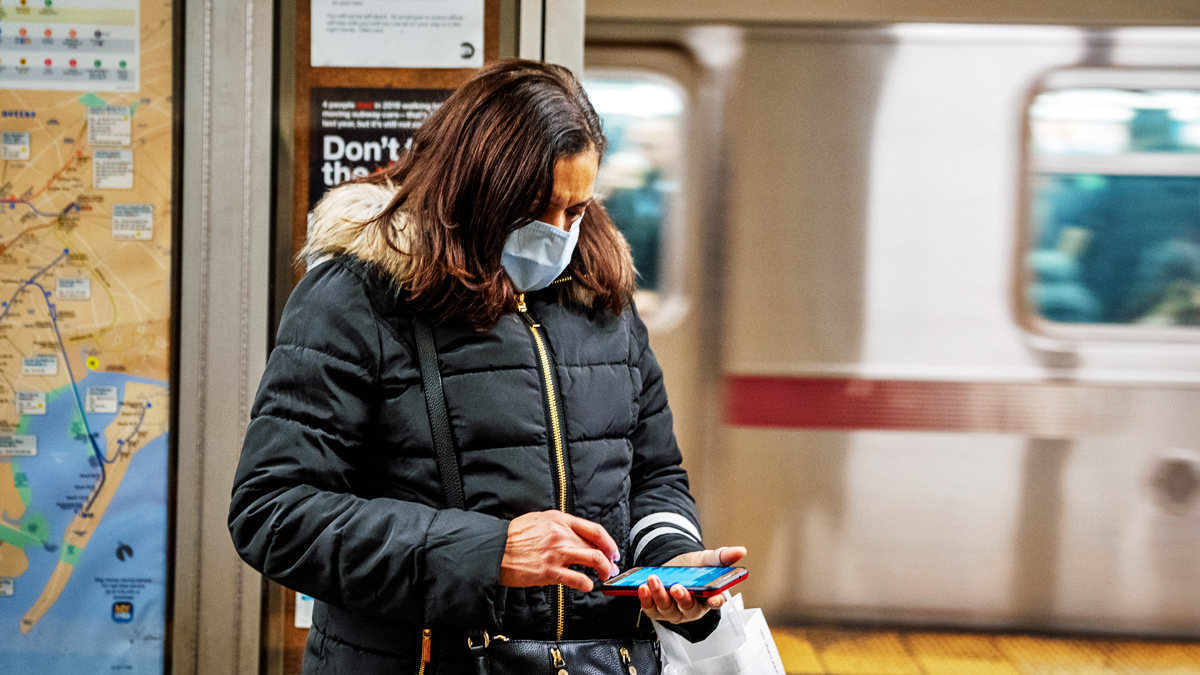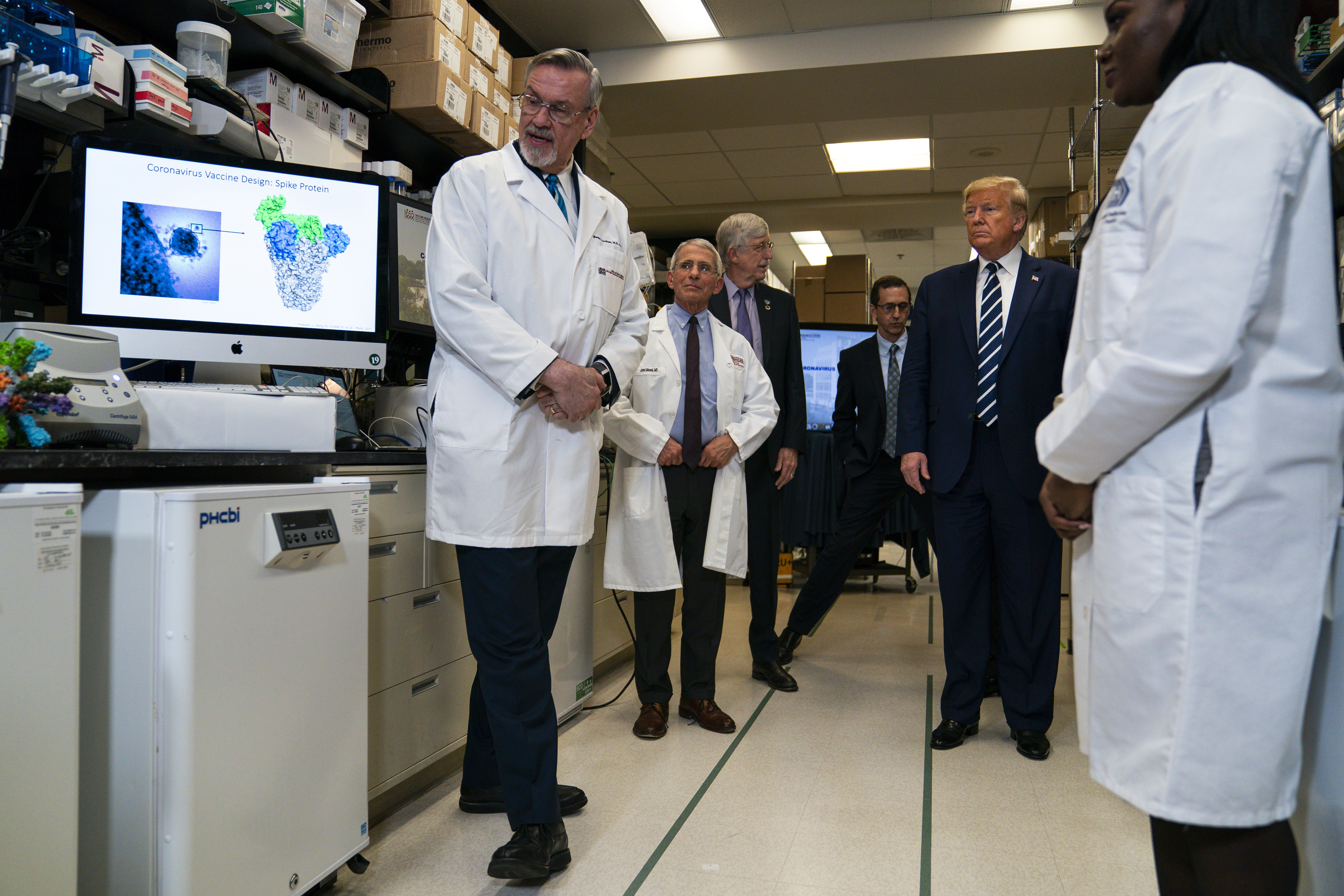What to Know
- The number of novel coronavirus cases in the tri-state area nearly quadrupled between between late Friday and Tuesday, from 49 cases to 193; New Jersey reported its first death
- The state of New York has more than 170 cases and is the 2nd most impacted state in the U.S. next to Washington state; the lion's share of those cases are in Westchester County
- Governors in New York and New Jersey have declared states of emergency; Connecticut has two presumptive positive cases
UPDATE: Cuomo Says Fed COVID-19 Response May Be 'Public Health Version of Hurricane Katrina'
New Jersey reported its first COVID-19-related death — a 69-year-old man from Bergen County — as New York unveiled the most stringent measures seen in the U.S. so far to combat the surge in coronavirus cases in Westchester County.
The Little Ferry victim was later identified as John Brennan, an employee of the Standardbred Owners Association of New York, according to the group's president in a Facebook post by Harness Racing Update. Health officials said Brennan had underlying conditions including emphysema, hypertension and diabetes.
He had no travel nexus to high-risk countries but did work in New York, with the SOA president saying he was at the Yonkers Raceway "every night" and would have had exposure to many people there.
Tracking Coronavirus in Tri-State
He initially survived one cardiac arrest but went into cardiac arrest for a second time Tuesday. The second time he could not be revived. He is among the now 15 presumptive positive cases in the Garden State.
"Our prayers are with the family during this difficult time," Gov. Phil Murphy and Lt. Gov. Sheila Oliver said in a joint statement. "We remain vigilant to doing all we can -- across all levels of government -- to protect the people of New Jersey."
Both New Jersey and New York have declared states of emergencies. Additionally, Bergen County Executive Jim Tedesco declared a state of emergency for the county. As part of the restrictions and new measures implemented, visitation to the Bergen County Health Care Center in Rockleigh has been suspended.
In New York, Gov. Andrew Cuomo announced the most rigorous actions to date to combat the spread in New Rochelle, which he described as the "most significant cluster in the country" and accounts for the lion's share of the surging caseload in the tri-state area.
Those measures include deploying National Guard troops to a Health Department command post and setting up a satellite testing facility and one-mile, two-week containment area in the city. Public schools in that containment zone will be closed through March 25; National Guard troops will help clean surfaces and deliver food in that one-mile radius.
As of Tuesday, Westchester County has seen 108 confirmed COVID-19 cases; that's more than half of all tri-state cases. Late on Tuesday, Suffolk County confirmed three more cases were found there. Two of the patients — both males, including one in his 80s — are in isolation at hospitals. A woman in her early 20s in isolation at her Southold Town home. See how the tri-state case count breaks down.
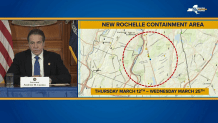
New Rochelle is home to the midtown Manhattan lawyer who has been linked to dozens of cases across multiple states. He was the second confirmed case in New York and its first instance of community spread. Learn more about the cases and track the spread of COVID-19 in the tri-state here.
There have since been fresh instances of community spread, including in New York City, which Cuomo said added more than a dozen new cases overnight. Overall, the state of New York sits at 173 confirmed cases, trailing only Washington state (179) as America's most impacted state.
Meanwhile, school closings, community event cancellations and other fallout from the virus are expanding as officials work to contain the spread.
Latest Coronavirus News
Asked Tuesday whether New York City's iconic St. Patrick's Day Parade, scheduled for next week should be canceled out of caution, Cuomo said officials are still assessing the situation. But it's possible.
"You calibrate your response to the time and the facts and the circumstances in that place at that time," Cuomo said on CNN. "So parades, etc. we look at that on a daily basis."
Coping With the Outbreak
Cuomo said even more people need to be tested — and they will be. The CDC has authorized six private labs in the New York area to conduct testing. By default, that enhanced testing ability leads to a boom in positives, local leaders have said. But as public anxiety swells, more communities, schools and companies are taking aggressive precautionary measures. See the latest school closures for New York and New Jersey.
Mayor Bill de Blasio reiterated Tuesday the guidance he has given since the city reported its first case on March 1: Wash your hands, use hand sanitizer, cover your mouth if you cough and don't visit people who are sick, particularly if you're older or have underlying health conditions.
"Transmission is not that easy. There has been a misperception that coronavirus hangs in the air, watching to catch you. No. It takes direct person-to-person contact, direct transmission of fluids," the mayor said Tuesday. "Our schools are running. We've said, even if, God forbid, we found a case in a school, we're not shutting down all our schools."
Meanwhile, it was revealed that two financial firms in New York — Barclays and BlackRock — had confirmed cases of COVID-19. Barclays confirmed that a member of its staff in its New York trading operation tested positive and has been in self-quarantine since March 3. BlackRock also said their employee, who is asymptomatic, has been in self-quarantine and has been working from home since March 4.
A 7-year-old Bronx girl with no known nexus to travel or pre-existing conditions was added to the city's case total Monday, likely the youngest patient here to date, as was an FDNY EMS member in Brooklyn — the first confirmed COVID-19 case among first responders.
De Blasio revealed Tuesday afternoon that five asymptomatic EMTs are in self-quarantine in connection to the FDNY EMS worker who, officials announced Monday, tested positive. Although the original EMS had contact with 11 patients, the EMS worker wore protective gear when treating those patients. However, the DOH and FDNY will reach out to the patients to undergo diagnostic work. It is believed the original EMS worker contracted COVID-19 from their flight attendant girlfriend, officials said.
What to Know
The city has issued new guidelines for commuters, including suggesting people telecommute and avoid crowded trains if possible. The U.S. State Department has cautioned against cruises, particularly for people who have underlying health concerns. New York is making its own hand sanitizer. Starting Tuesday night, the United Nations closes to the general public and suspends tours until further notice.
Local governments are implementing changes — some major, some minor — that may impact the daily lives of people who will never get COVID-19. Here's a breakdown of what's happening in that regard by state.
How to Protect Yourself
New York City's Health Department released the following guidance for people who recently traveled to China, Iran, Italy, Japan or South Korea -- or for anyone who experiences fever, cough or shortness of breath:
- Stay home — do not travel or go to work or school while sick
- Go to a health care provider and tell them about your travel history
- If you do not have a health care provider or insurance, call 311
- Avoid contact with others
- Wash hands often with soap and water for at least 20 seconds. Use an alcohol-based hand sanitizer if soap and water are not available
- Avoid touching your face with unwashed hands
The New Jersey State Department of Health has established a 24-hour coronavirus hotline to answer questions: 800-222-1222. New York has a similar hotline set up: 888-364-3065.
Nationally, the CDC says that as of Tuesday, it had 647 cases and 25 deaths reported from 35 states and Washington, D.C. In more than 500 of those cases, authorities still don't know how the virus was contracted. That total number is only updated once a weekday though and reporting closes out at 4 p.m. the day before. The actual case total could be higher.
As of Tuesday night, NBC News reported at least 1,000 cases and 30 deaths nationwide; 24 of the fatalities have been in Washington state, where America's very first case was reported.
Quick Tips to Help Keep You Safe
The market is feeling the strain. Stocks plunged Monday — with the Dow sinking more than 2,000 points and the S&P 500 cratering more than 7 percent. The plunge triggered a circuit breaker, which halted stock trading for 15 minutes meant in an effort to stem rapid declines. Even with the circuit breaker, the Dow had its worst one-day beating on Wall Street since the global financial crisis of 2008.
The markets rebounded a bit Tuesday from their historic losses on hopes that the U.S. and other global governments would pump in more aid for the virus-weakened global economy.
Help may be on the way. President Trump signed an $8.3 billion measure to fuel national efforts to combat the spread. The legislation provides sustenance for a multifaceted attack -- money for vaccines, tests, potential treatments and to help local governments respond to the virus.
Latest Guidance and What's Next
Worldwide, the virus has infected more than 113,000 people and killed more than 4,000. CDC officials warned for weeks to expect a disruptive spread of the virus in America. Here's where we stand now as far as developing a vaccine.


